
Acıkara is the comeback kid of Turkish wine, a grape that went from near-extinction to cult status, rewriting what it means to be a flagship varietal. This nearly forgotten native black variety in Anatolia, Turkey, has a story that’s part resurrection, part revolution, and chock-full of surprising twists. If you think wine is just fermented grape juice, you might be surprised by Acıkara’s unexpected qualities—many wine enthusiasts have found it exceeds their expectations.
In this profile, we’ll peel back the layers of Acıkara’s dramatic journey and explore why it’s become the dark horse everyone’s watching, with critics having noted its distinctive character and unique qualities.
Picture this: a 200-year-old vine clinging to a tree in the Taurus Mountains, discovered by a shepherd and brought back to life by passionate winemakers. This is the true origin story of Acıkara, Turkey’s remarkable wine revival. Cultivated at an altitude of 1,100 meters in the Western Mediterranean highlands—well above sea level—this grape flourishes in a distinctive terroir that imparts its exceptional character.
Acıkara (pronounced “ah-jih-ka-rah”) means “bitter black” in Turkish, a name that reflects the grape’s intense, coal-black skin rather than its flavour. Think of it as a wine superhero: dark, mysterious, and packing a powerful punch.
Belonging to the Vitis vinifera family and deeply rooted in Turkey’s heritage of native grape varieties, Acıkara was once nearly extinct until Likya Wines, the pioneering winery responsible for reviving Acıkara, discovered an ancient vine in Elmalı around 2002. From a single cutting, they sparked a renaissance that has captivated wine enthusiasts. With Turkey’s viticulture history dating back to 9,500–5,000 BCE, Acıkara serves as a living link to this ancient tradition. The produce of Acıkara is known for its medium-to-full-bodied wines with thick skins, robust seeds contributing to structure and flavour, high tannins, and an alcohol content ranging from 13.5% to 15%.
What truly distinguishes Acıkara is its unique growing environment. The high-altitude Mediterranean vineyards enable the grape to develop concentrated flavours while preserving bright acidity. Turkey’s diverse geography fosters a wide array of wine styles, and Acıkara exemplifies how these conditions yield wines of outstanding quality. The resulting wines have earned international acclaim, receiving scores of 94/100 and 92/100 from critics impressed by the grape’s revival and remarkable quality.
Acıkara’s story is woven into the very fabric of Turkey’s ancient history—a tale that stretches from the sun-drenched slopes of the Mediterranean to the bustling harbour cities of Antalya. Long before tourists flocked to Antalya’s beaches or sipped cocktails at the marina, the region’s old vines were quietly shaping the world’s wine heritage. Acıkara, whose name hints at its “bitter black” grape skin, is a living relic of this legacy.
The grape’s roots run deep, tracing back to a period when Anatolia was a crossroads of civilizations and wine was a staple at every table. For centuries, Acıkara vines thrived in the highlands, cultivated by generations of local families who understood the power of the Mediterranean sun and the cooling pressure of mountain nights. But as modern tastes shifted and international grape varieties took center stage, Acıkara nearly vanished—its presence reduced to a handful of forgotten vines clinging to life at high altitudes.
The turning point came in the early 2000s, when a chance discovery of an ancient Acıkara vine in Elmalı sparked a wave of research and revival. Led by passionate winemakers and supported by local communities, the grape was rescued from the brink of extinction. Today, Acıkara stands as a symbol of Turkey’s winemaking resilience—a grape that survived centuries of change, only to return stronger and more celebrated than ever. Its journey from obscurity to cult status is a testament to the enduring spirit of Turkish wine and the unique terroir of the Mediterranean highlands.
What sets the Acıkara grape apart isn’t just its dramatic history—it’s the remarkable physical and chemical traits that make it a winemaker’s dream (and sometimes, a challenge). The grape’s thick, coal-black skin is its signature, packing a punch of anthocyanins that give Acıkara wines their deep, almost opaque colour. Its small-sized, round fruit with blue-black skin and colorless flesh further enhances its unique winemaking potential. This robust skin also contributes to the wine’s high tannin content, delivering the structure and weight that define full-bodied wines.
Acıkara berries are typically small and tightly clustered, with a high skin-to-juice ratio. This means every grape is loaded with flavour compounds, from dark cherries and plums to the spices and spicy notes of black pepper and clove. The seeds, rich in phenolics, add another layer of complexity and contribute to the wine’s impressive aging potential. Acıkara wines have a deep shade of red-violet color and a medium body, making them visually striking and balanced on the palate.
Acidity is another hallmark of the Acıkara grape variety. Despite the intense Mediterranean sun, the high-altitude vineyards help preserve a crisp, bright acidity that keeps the wine lively and balanced. The result is a red wine that’s both powerful and refreshing, with a flavour profile that evolves beautifully in the bottle.
Compared to other grape varieties, Acıkara stands out for its combination of high tannin, vibrant acidity, and concentrated fruit. These characteristics make it a natural fit for producing rich, full-bodied wines that can stand up to bold foods and age gracefully over time.
Turkey’s wine industry is a fascinating blend of ancient history and modern innovation, standing at the crossroads of East and West. With roots stretching back thousands of years, Turkey is one of the world’s oldest wine-producing countries, yet its wines remain a well-kept secret for many global enthusiasts. The country’s unique geography—from sun-drenched Mediterranean coasts to high-altitude Anatolian plateaus—creates microclimates ideal for diverse grape varieties.
Recently, the industry has experienced a renaissance, led by winemakers reviving indigenous grapes like Acıkara. This has elevated Turkish wine quality and attracted international praise. Regions such as Antalya, Elmalı, and Cappadocia are now popular for vineyards, boutique hotels, and local cuisine paired with exceptional wines.
Despite challenges like strict alcohol regulations and limited exports, Turkish wines are gaining recognition in top restaurants and duty-free shops. The commitment to preserving native grapes, sustainable practices, and unique terroirs ensures wines like Acıkara continue to delight wine lovers worldwide.
The winemaking journey of Acıkara reads like a precision operation meets artisanal craftsmanship. Likya Wines employs traditional red winemaking techniques with modern temperature control to handle this temperamental grape.
Harvest timing is critical, typically occurring in early October when the grapes reach optimal phenolic maturity. The hand-harvested grapes are destemmed and crushed before undergoing controlled fermentation. The high tannin content (2.5 g/L) requires careful extraction to avoid over-astringency.
Oak aging plays a crucial role in Acıkara's development. The wine typically spends 8 months in French oak barrels, which softens the tannins and adds complexity without overwhelming the grape's natural character. The winemaking team uses HPLC-DAD analysis to monitor phenolic compounds and GC-FID-MS to track aroma development.
What's fascinating is the precision required for this grape. Acıkara has 15 different anthocyanin compounds totaling 1,852 mg/L in the finished wine—significantly higher than most international varieties. This chemical complexity demands surgical precision in fermentation management.
The final wine typically exhibits 13.5–15% alcohol, pH of 3.4, and total acidity of 4.5 g/L. These technical specifications create wines that age gracefully for 5–7 years while maintaining structural integrity.
Acıkara delivers a sensory experience that’s both powerful and sophisticated. The visual impact is immediate—deep purple with almost opaque density. This inky darkness signals the concentrated flavours within.
Aroma profile reveals layers of complexity:
Palate structure shows a medium-plus body with velvety texture. Tannins are high but refined, providing structure without harshness. Acidity remains bright despite full-bodied character, creating excellent balance. The finish is long and persistent, with spicy-earthy character and lingering fruit.
There is a surprising depth to the finish, where subtle flavours continue to unfold, adding intrigue to the tasting experience. The wine’s intensity allows flavours to evolve in the glass, rewarding patient tasting.
Some wine critics describe Acıkara as having “intoxicating aromas” and “great energy and weight” with “crunchy berry complexity” and “graphite inkiness”. These descriptors paint a picture of serious wine with a distinct personality.
Acıkara is best paired with hearty dishes, as its high tannin content and full body cut through fatty foods while spicy undertones complement complex seasonings. Some of the best pairings for this wine are:
Avoid pairing with delicate fish, light salads, or fresh cheeses. Acıkara’s power will overpower subtle flavours.
Acıkara isn’t just a product of a single place—it’s the result of a dramatic interplay between Turkey’s diverse climates and rugged landscapes, especially in the south, where the Mediterranean climate is key to Acıkara's development.
This grape thrives where extremes meet: high-altitude vineyards, stony soils, and a climate that swings from sun-drenched days to brisk, cooling nights. The result? A wine that’s as intense and layered as the land it comes from, with the fall season being an ideal time for both grape harvest and visiting the region.
Serving Acıkara properly maximizes its complex character.
Storage requires consistent conditions:
Vibration should be minimized during storage—constant movement can disturb sediment and accelerate aging. Temperature fluctuations are more damaging than slightly higher temperatures.
Acıkara occupies a unique position in the wine world, sharing characteristics with international varieties like Syrah, while maintaining a distinct personality.
International positioning places Acıkara as Turkey’s answer to premium Syrah, offering similar complexity with unique terroir expression.
Acıkara production embodies sustainable viticulture through traditional practices and environmental consciousness. Some of the most common sustainable practices implemented by Acıkara producers are:
Acıkara represents more than wine—it's a masterclass in resurrection, terroir, and the power of believing in indigenous potential. Like any great comeback story, it combines unlikely beginnings with extraordinary results. Along with other indigenous grapes, Acıkara is gaining recognition and is part of efforts to highlight Turkey's viticultural wealth.
The numbers tell part of the story: 94/100 points from Master of Wine critics, IWSC Gold medals, and international recognition. But numbers can't capture the emotional impact of tasting a wine that shouldn't exist—resurrected from near-extinction by passionate producers.
The broader lesson from Acıkara's story is hope—hope that indigenous varieties can compete globally, hope that traditional terroir matters more than marketing, and hope that passionate producers can create miracles from forgotten vines.
Drink Acıkara not just for pleasure, but as a participation in wine history. Every bottle represents victory over extinction, triumph of terroir, and proof that great wine can emerge from unexpected places. In an age of global sameness, Acıkara offers something genuinely unique—and that's worth celebrating.
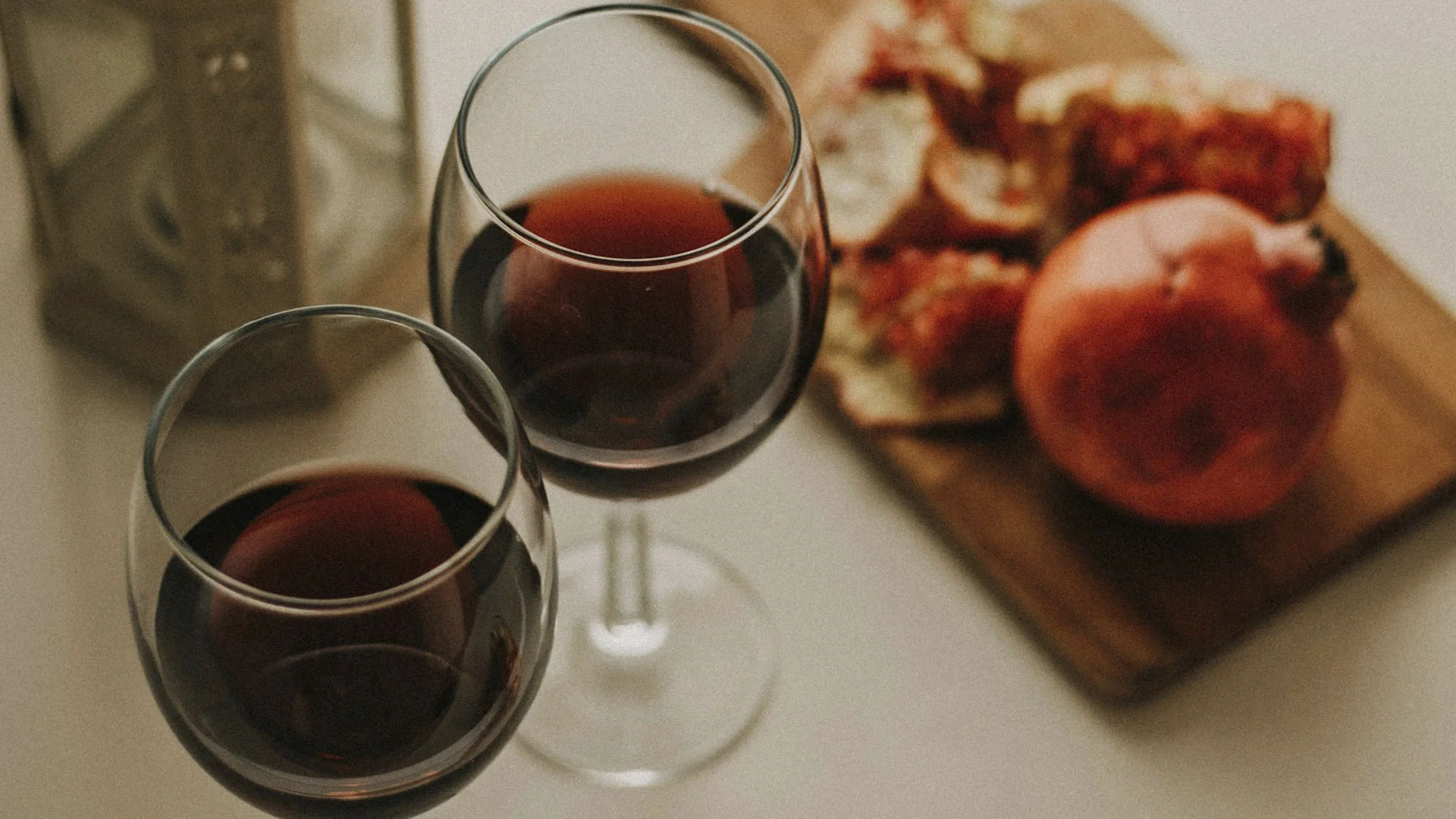



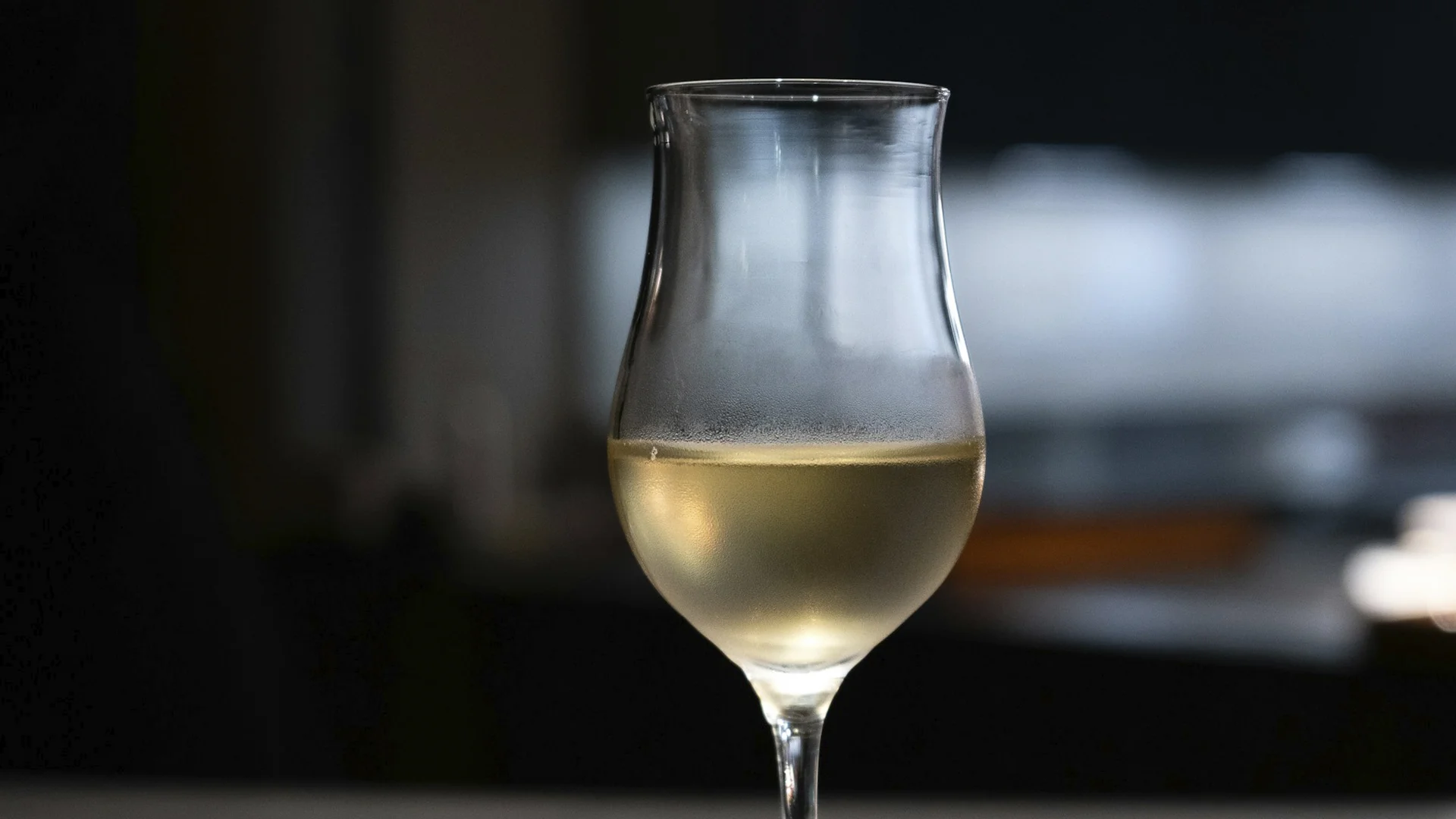
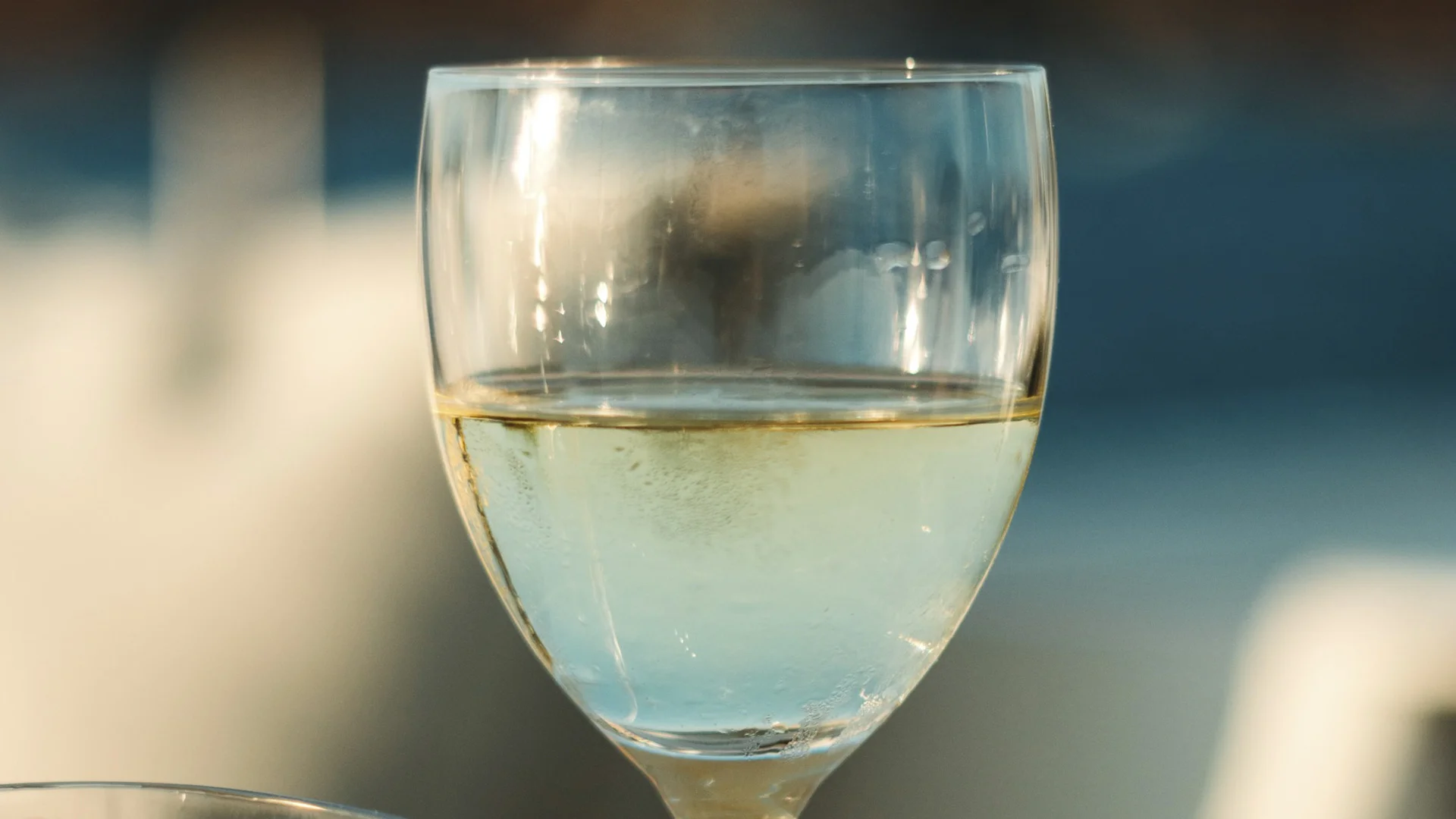
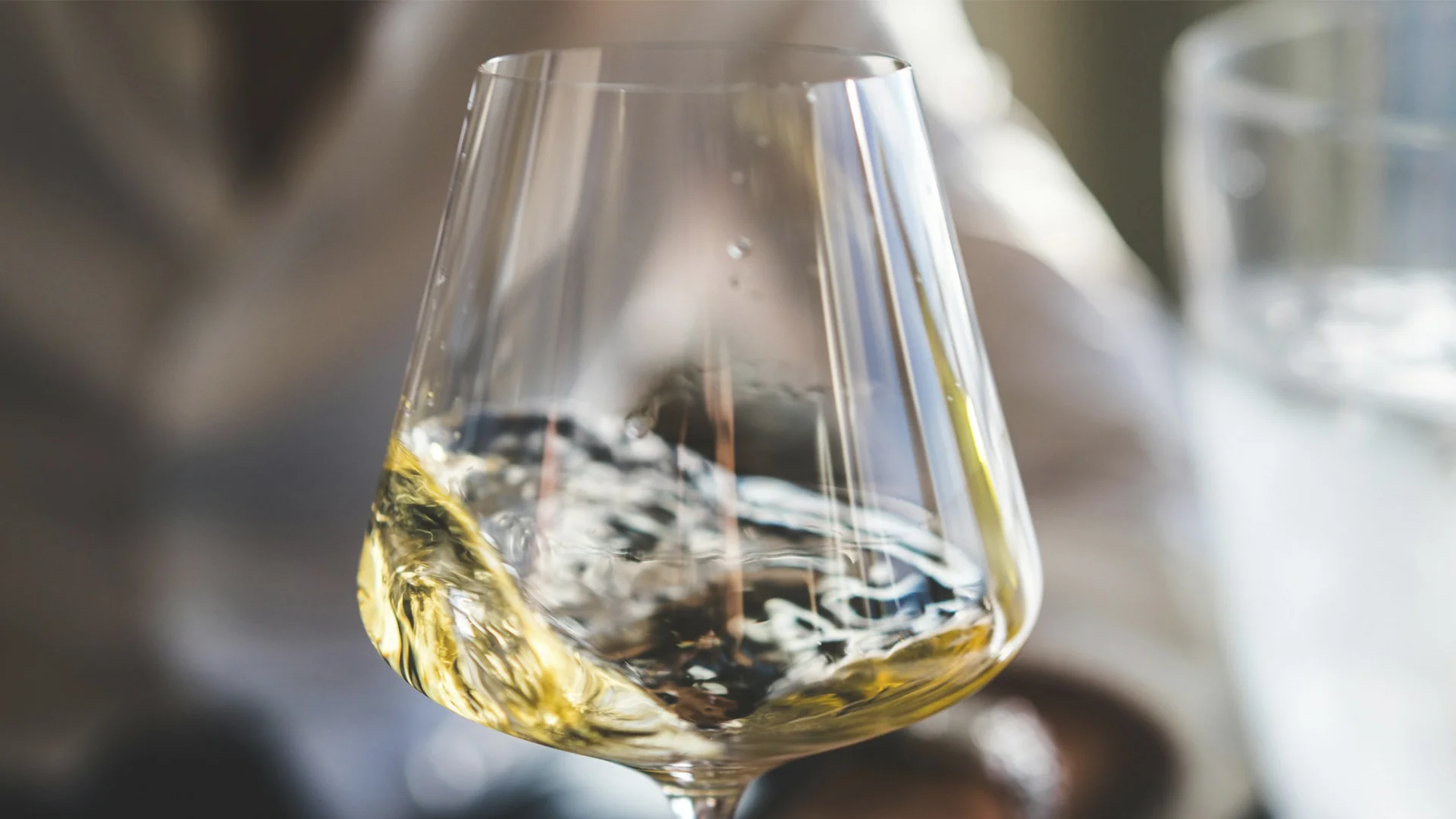
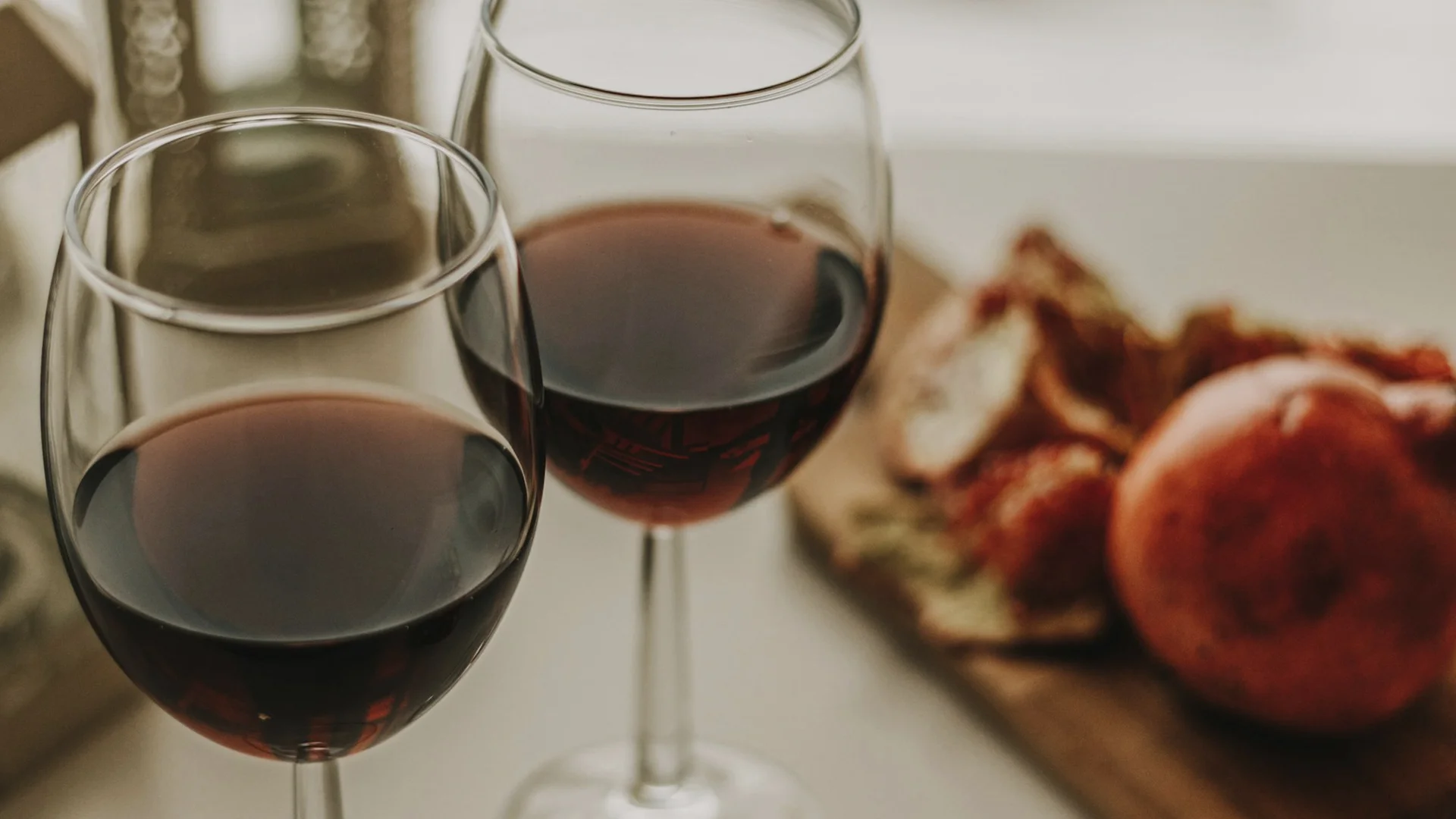

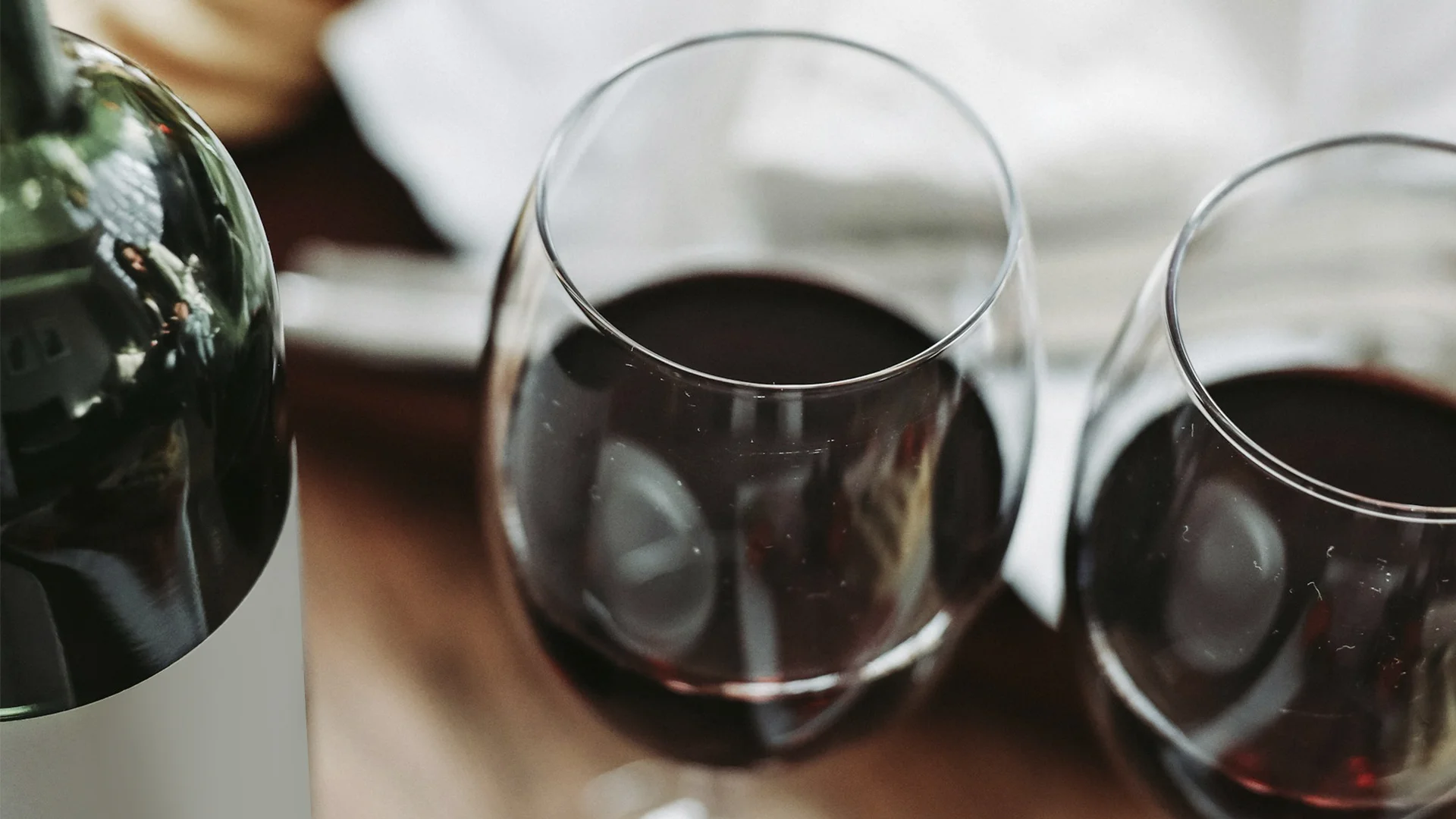
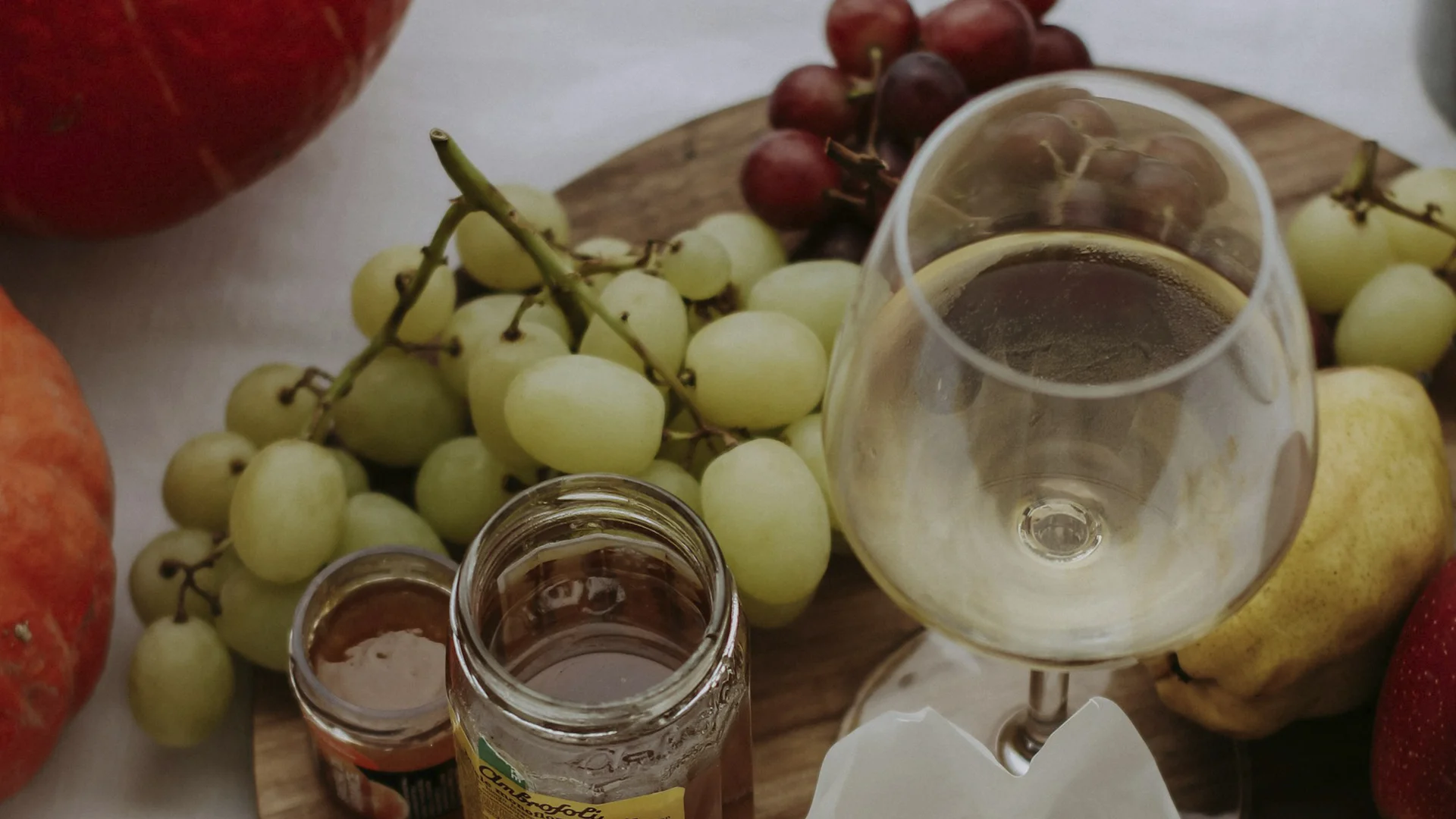



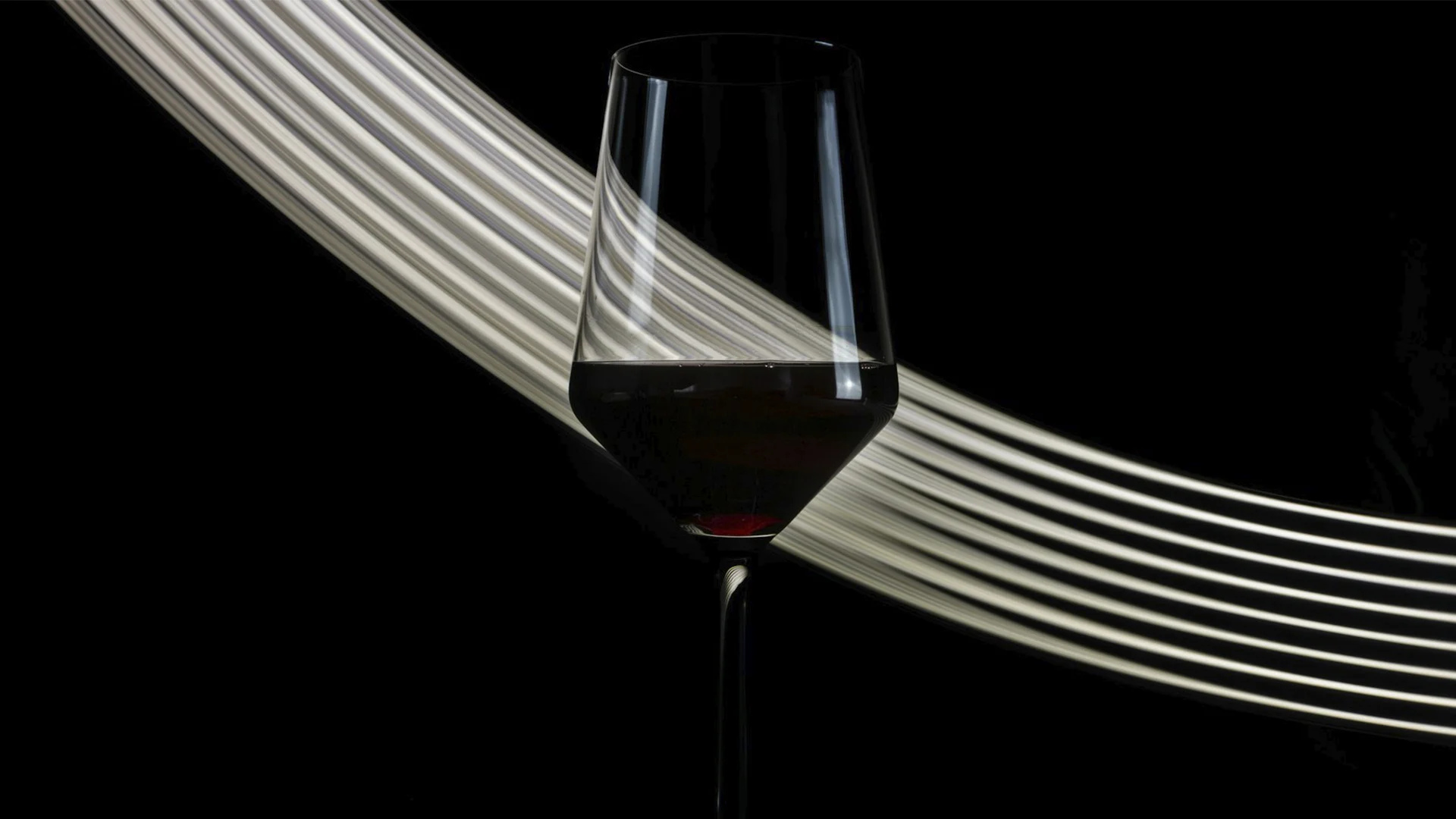

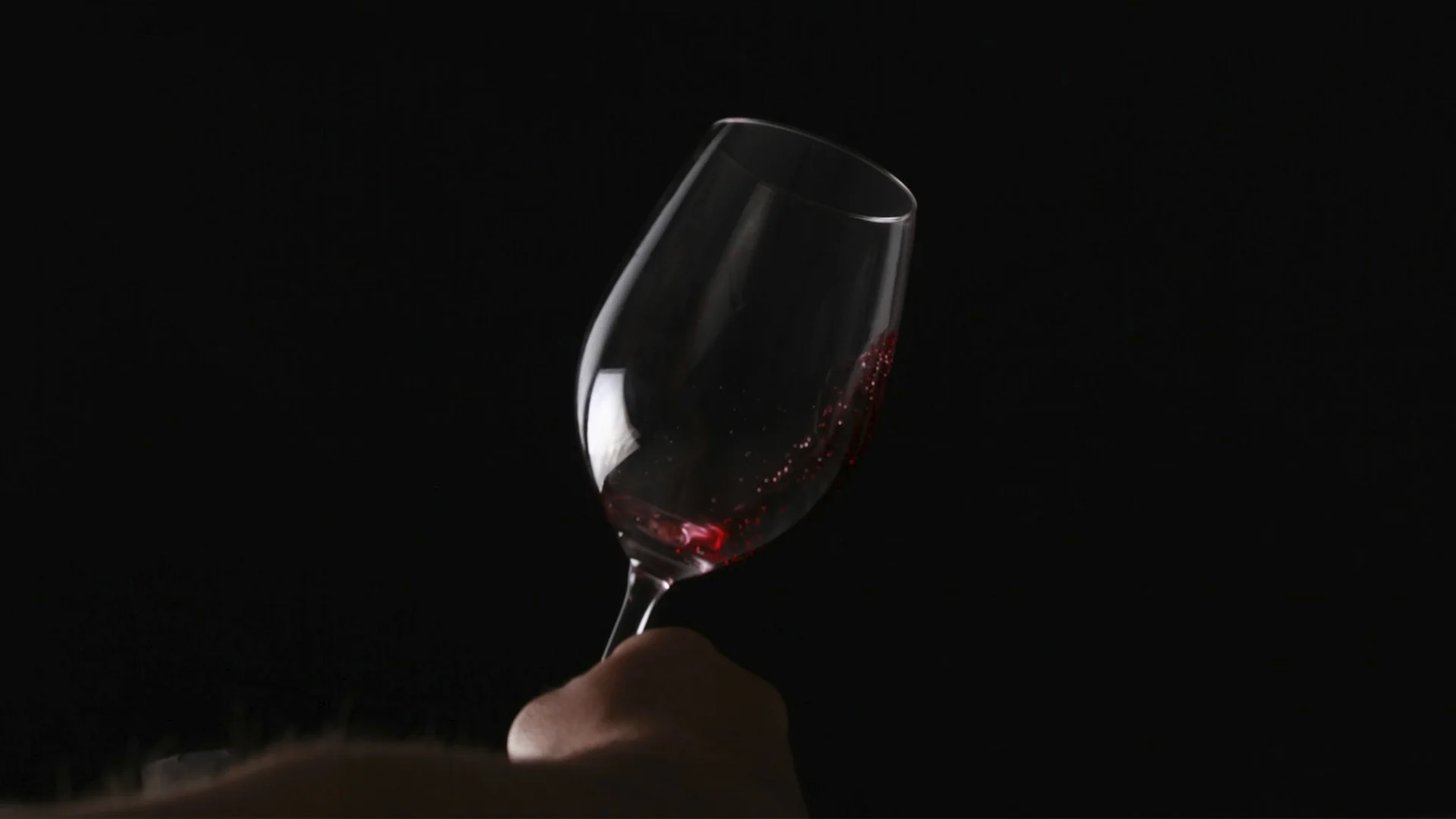
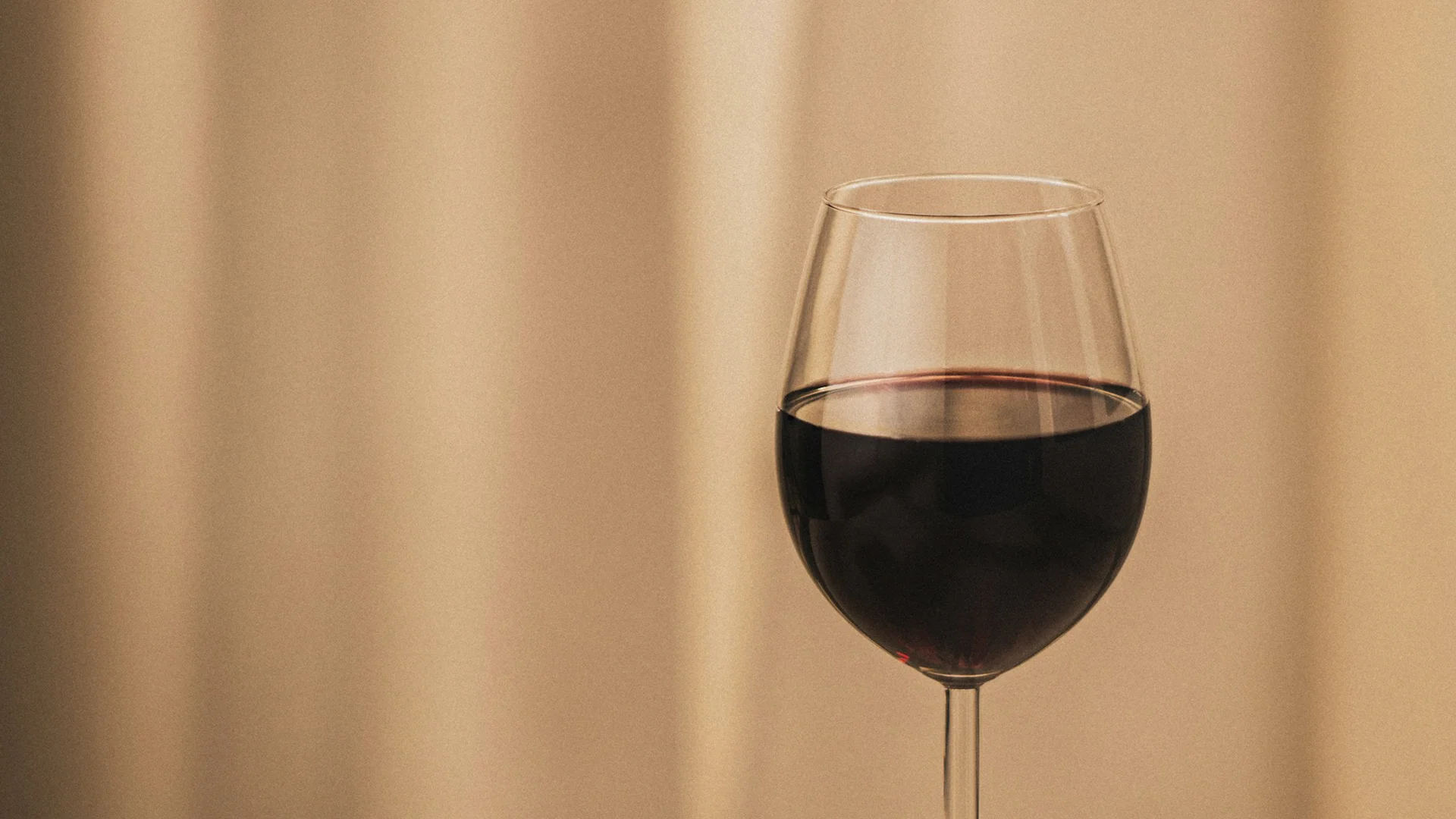


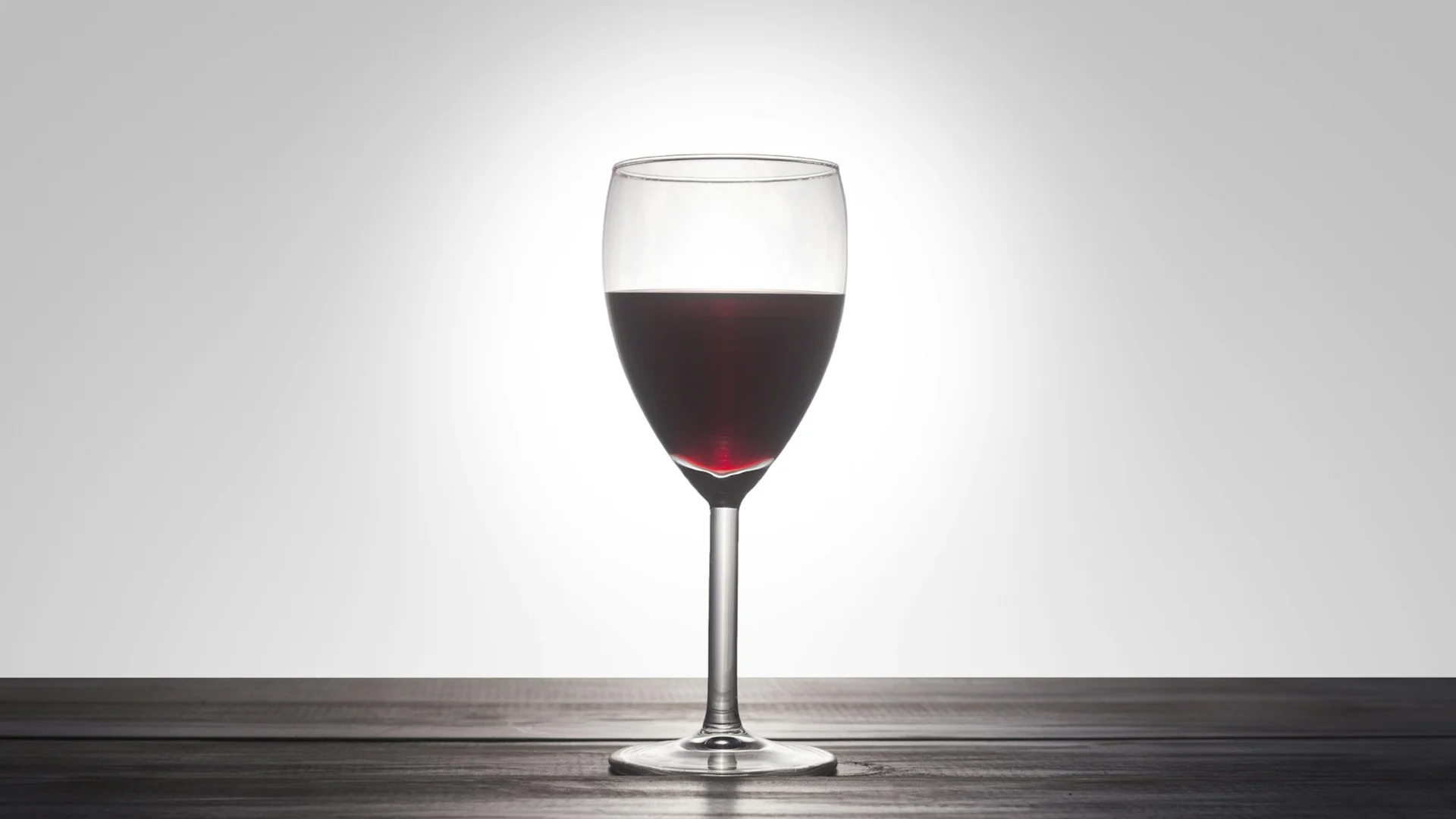


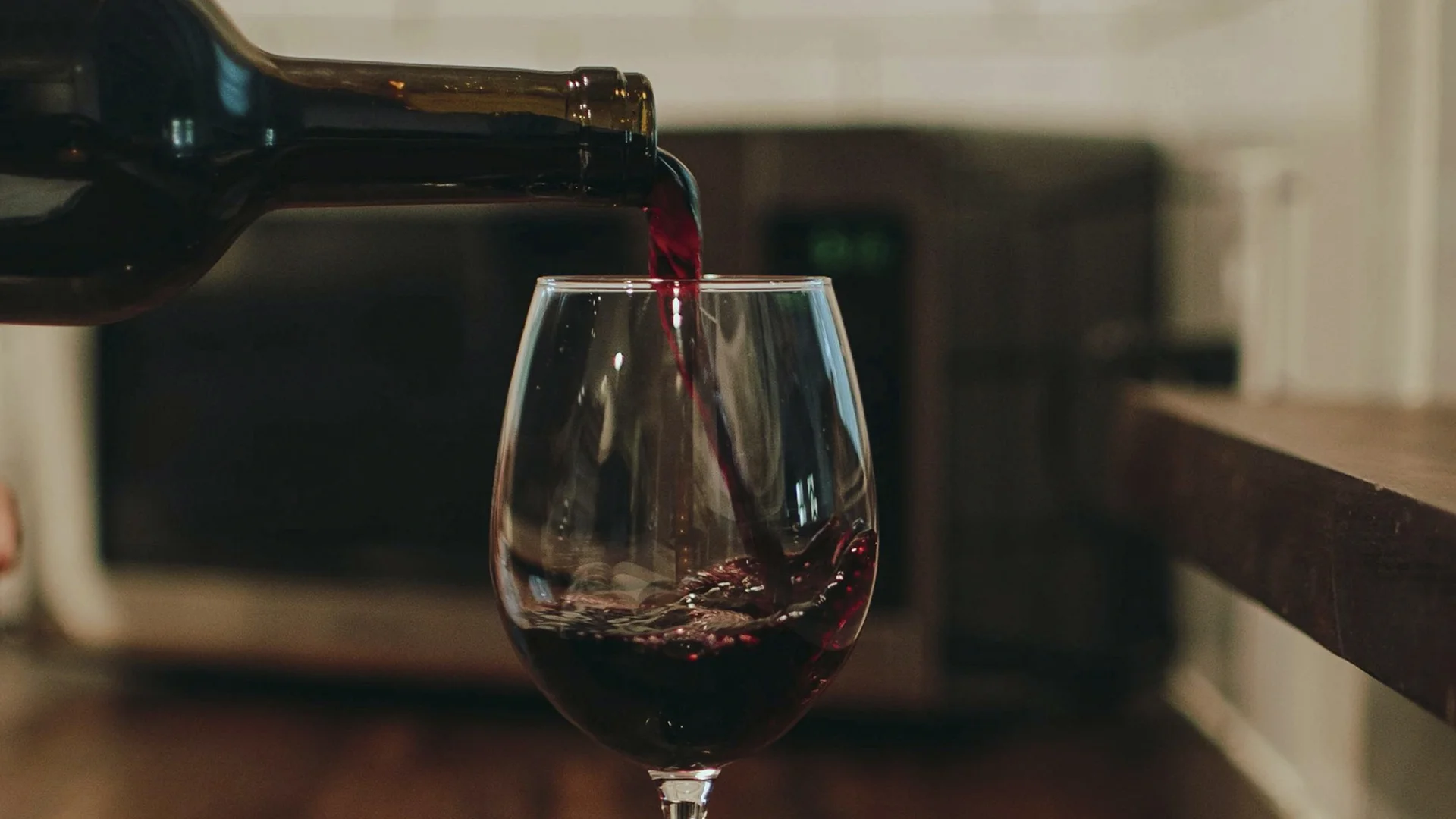
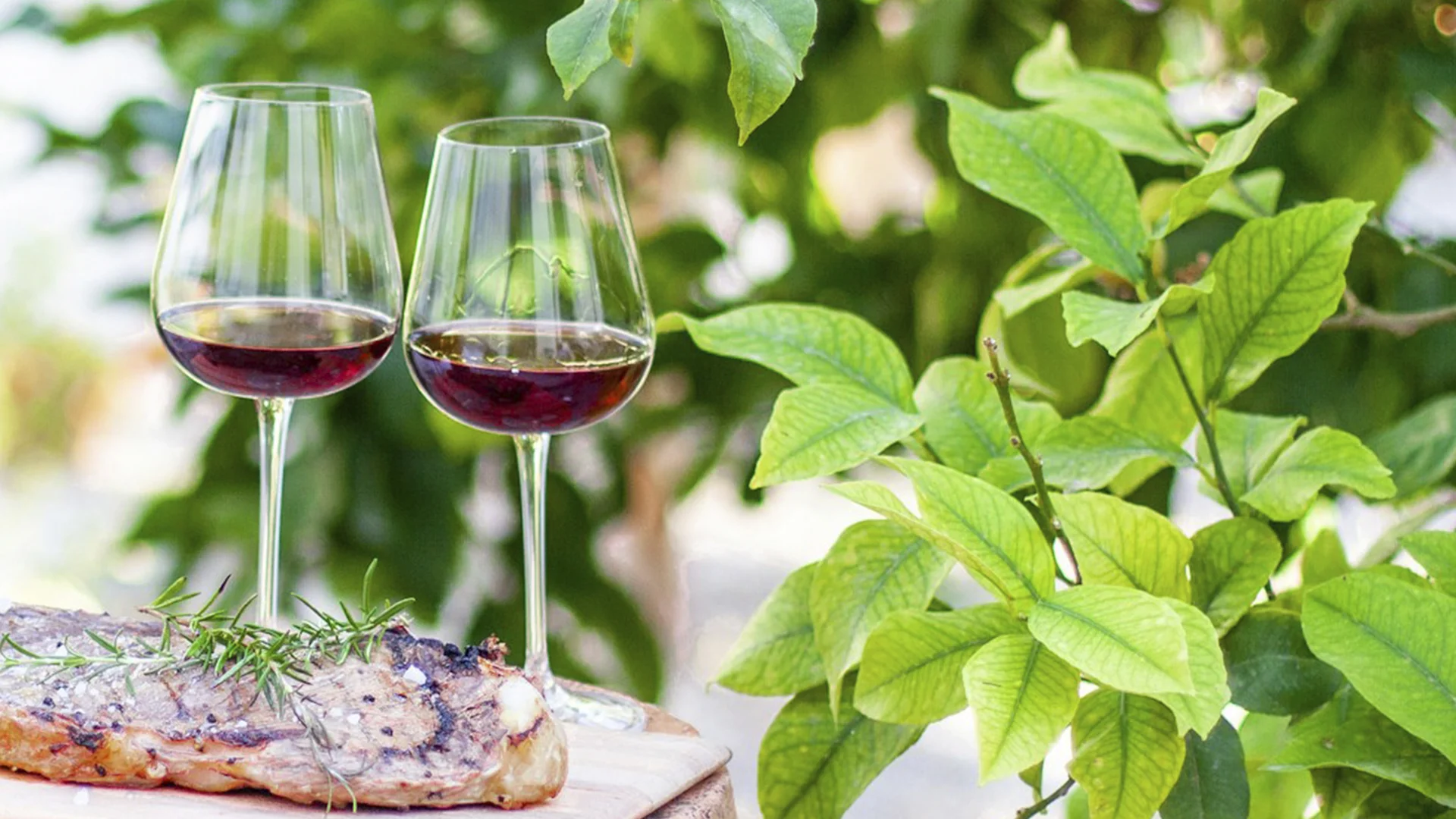

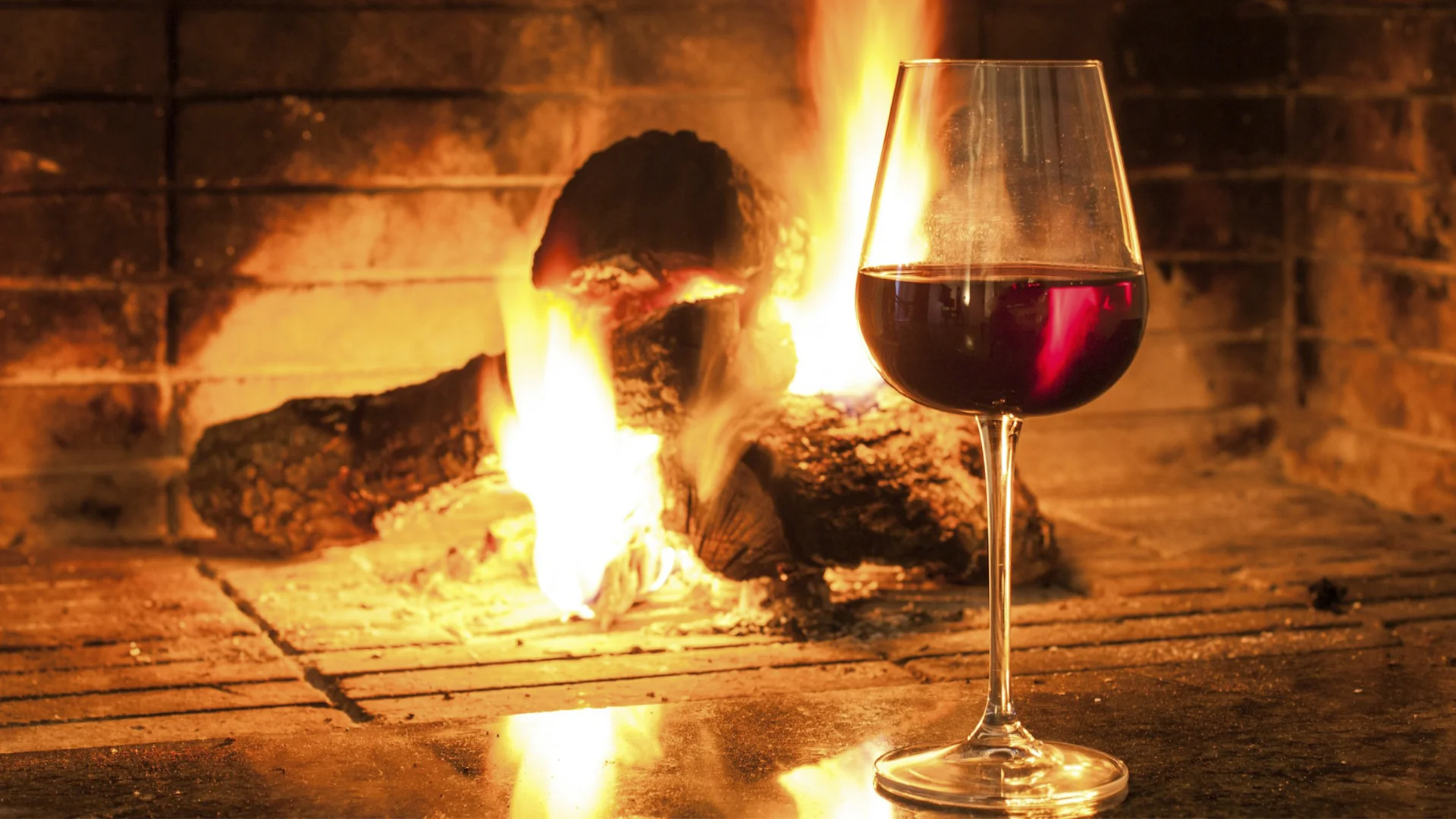



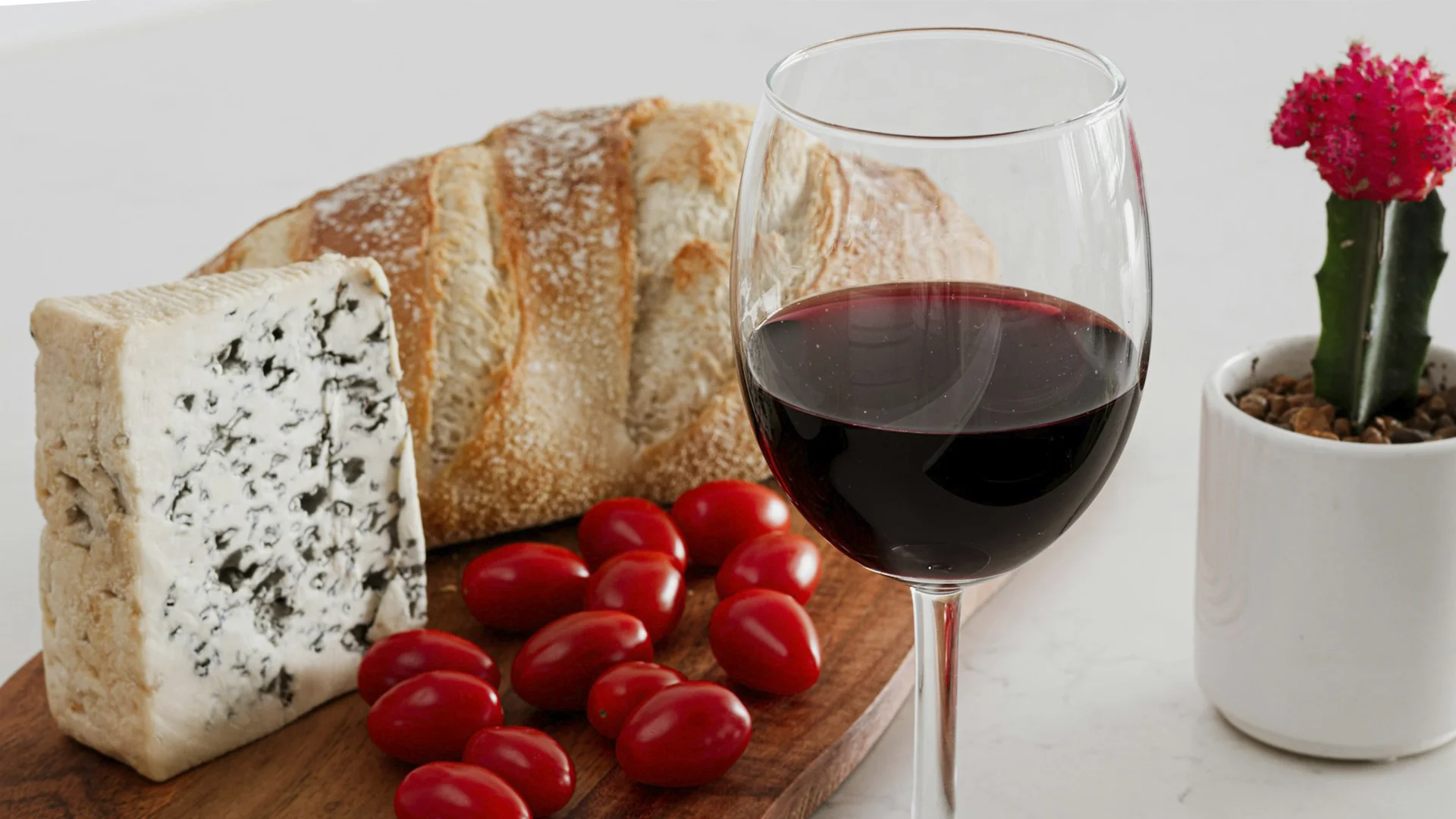

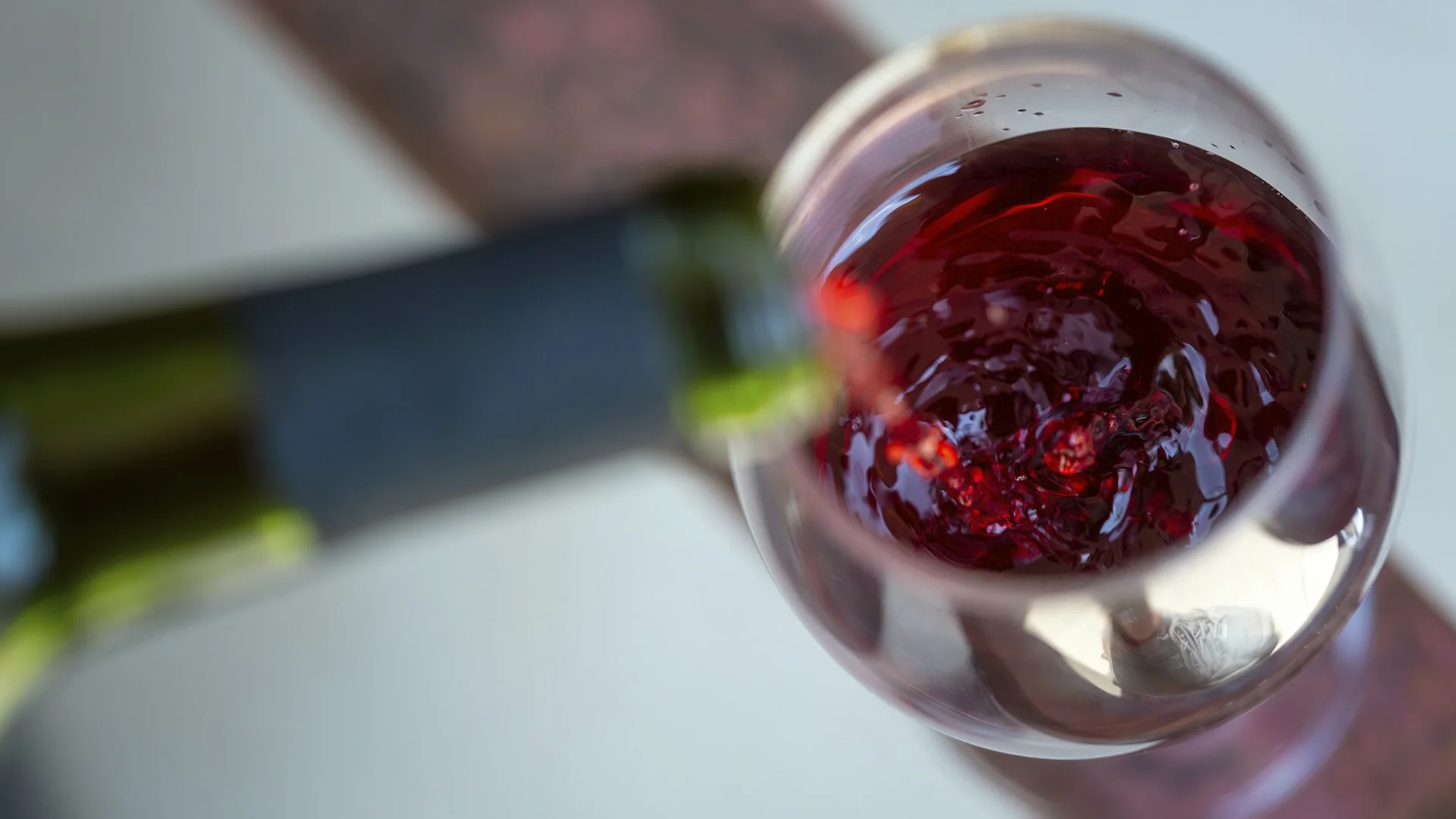

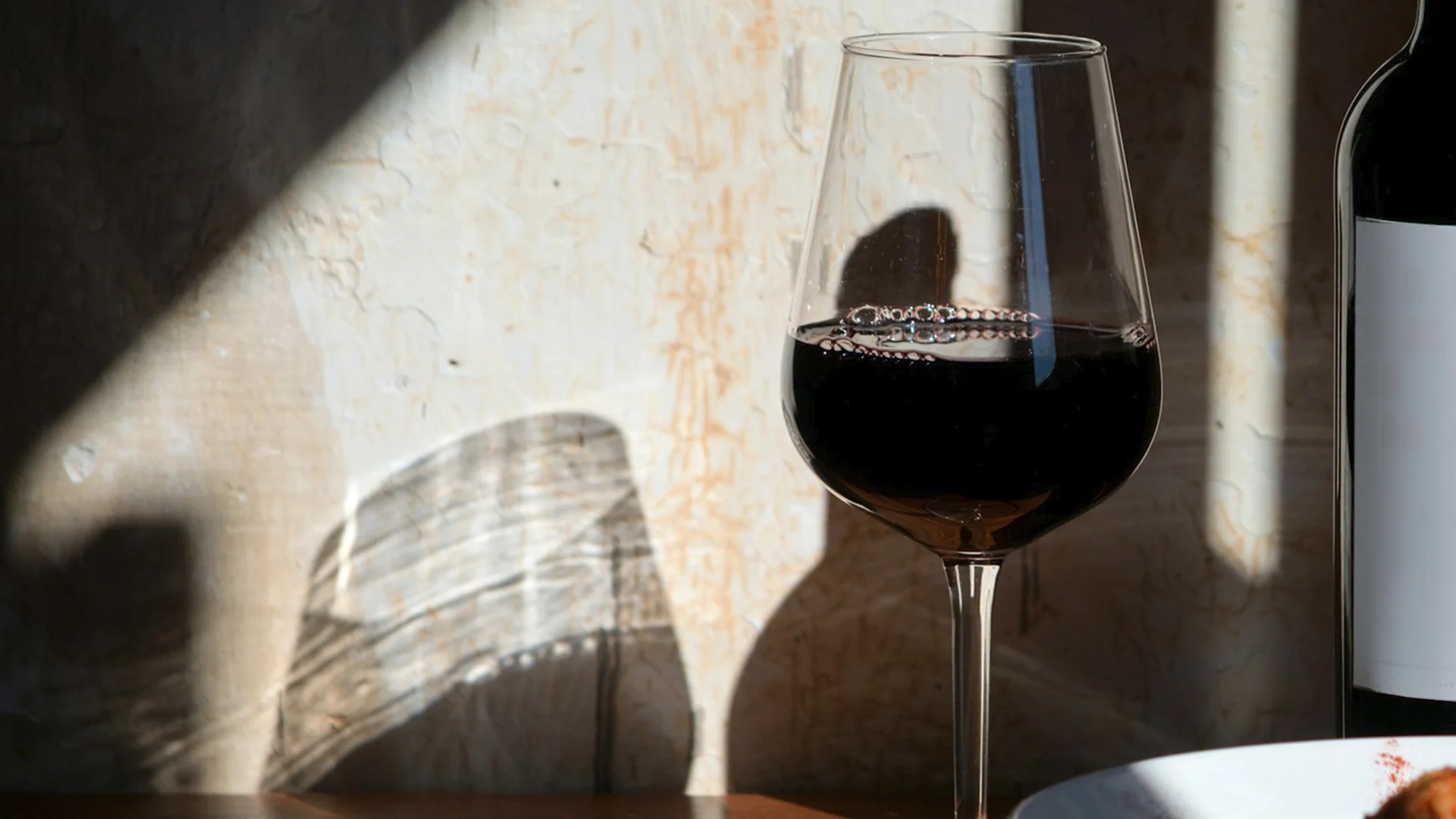
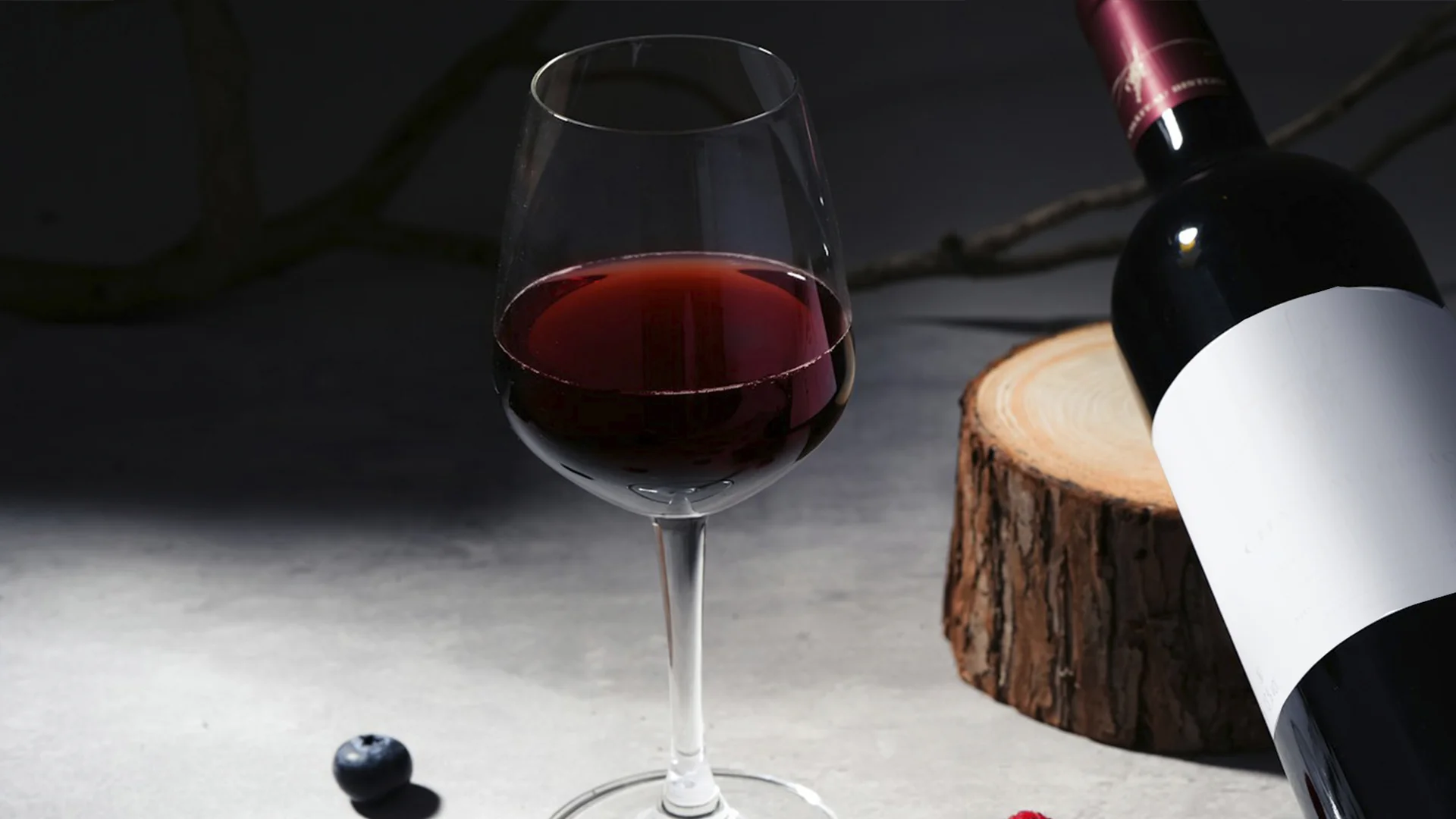

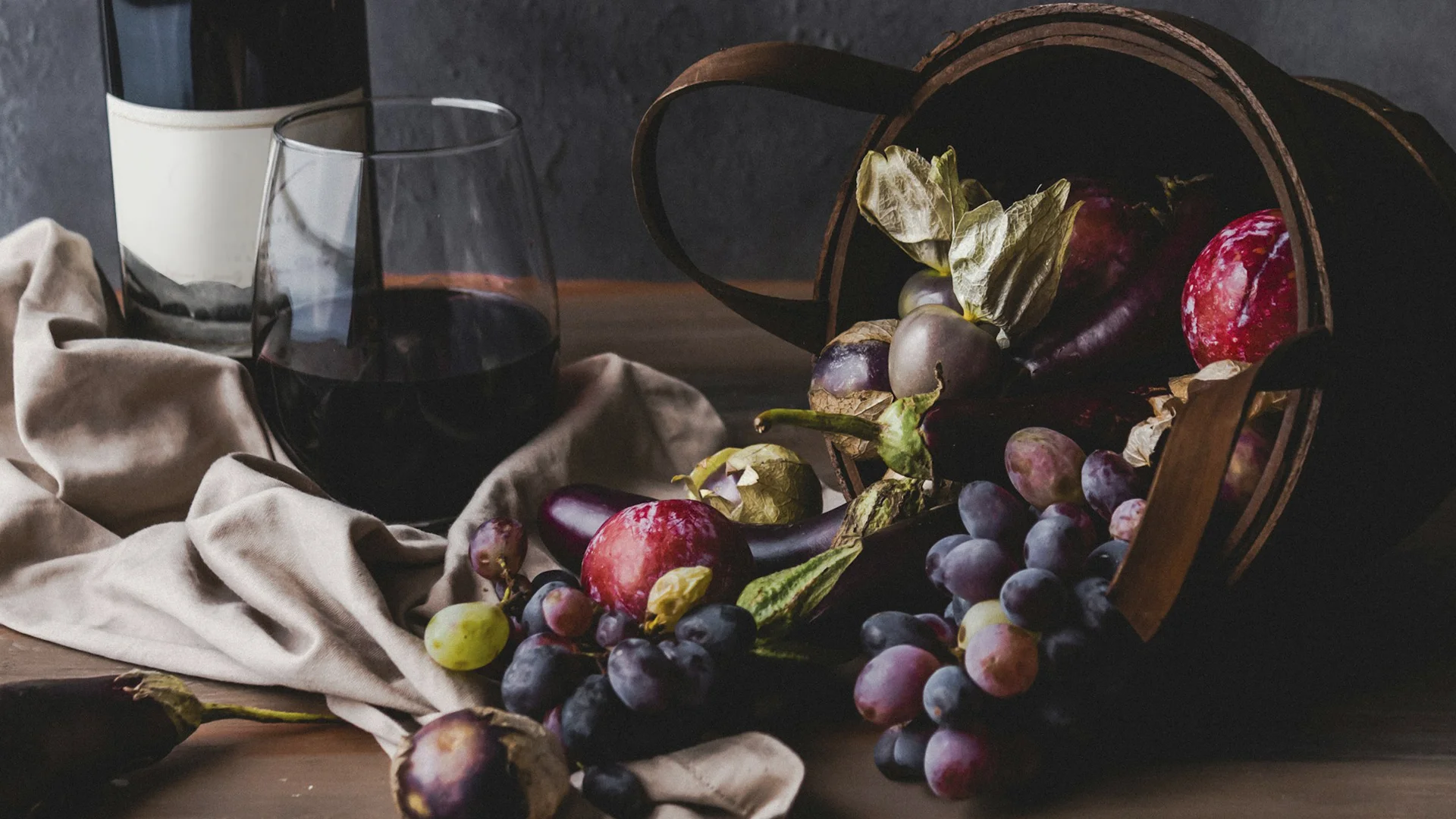
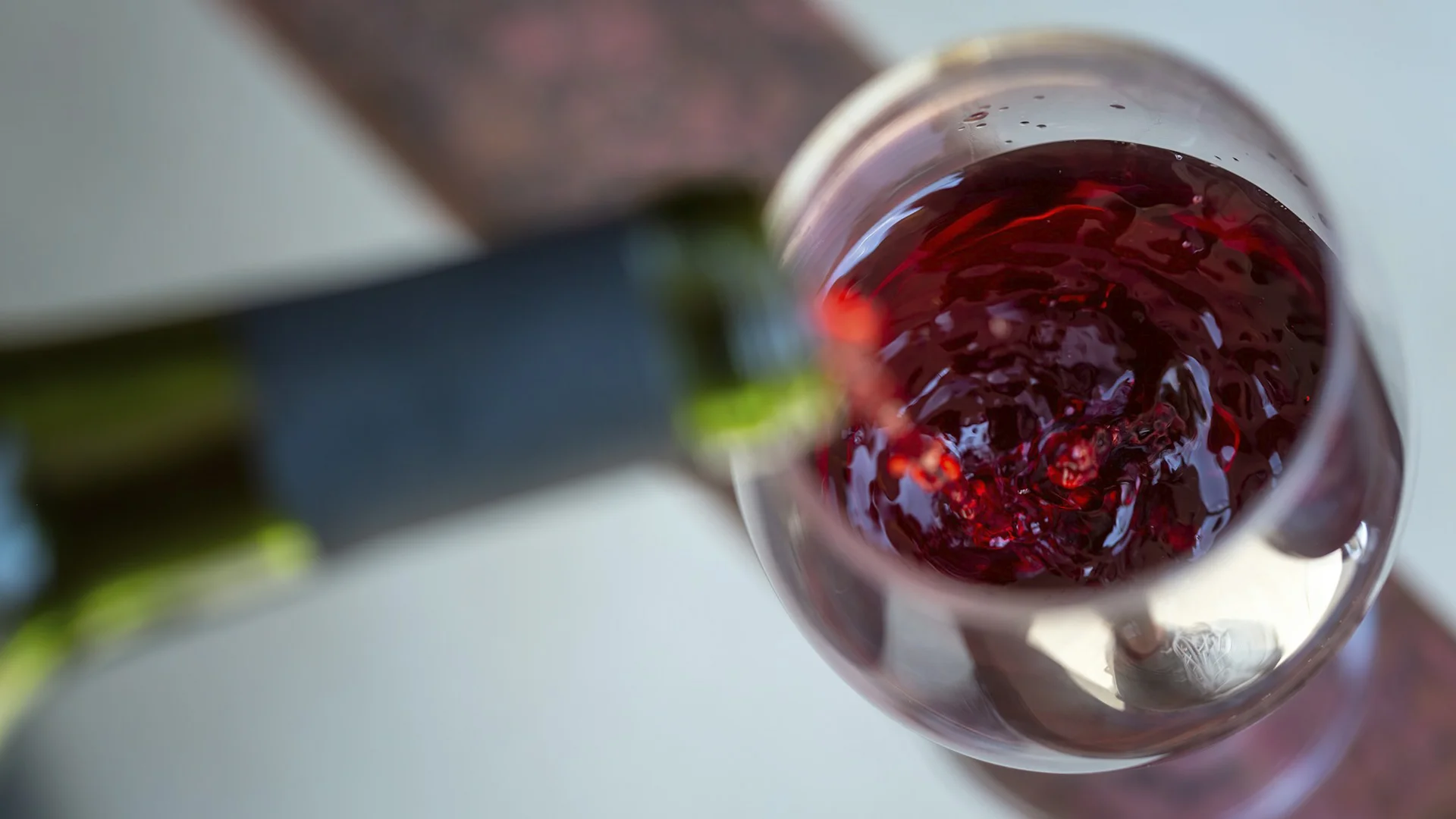
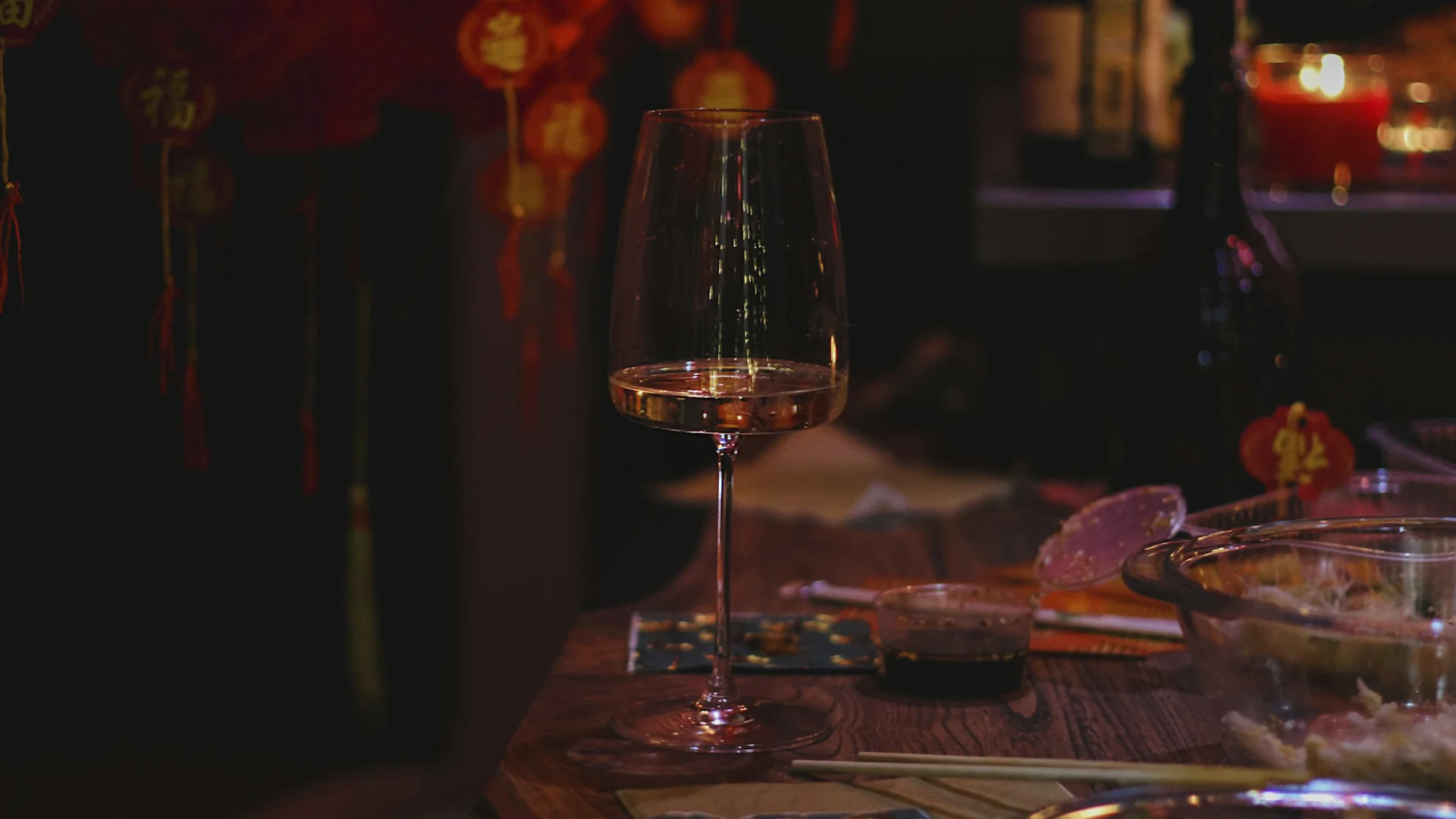






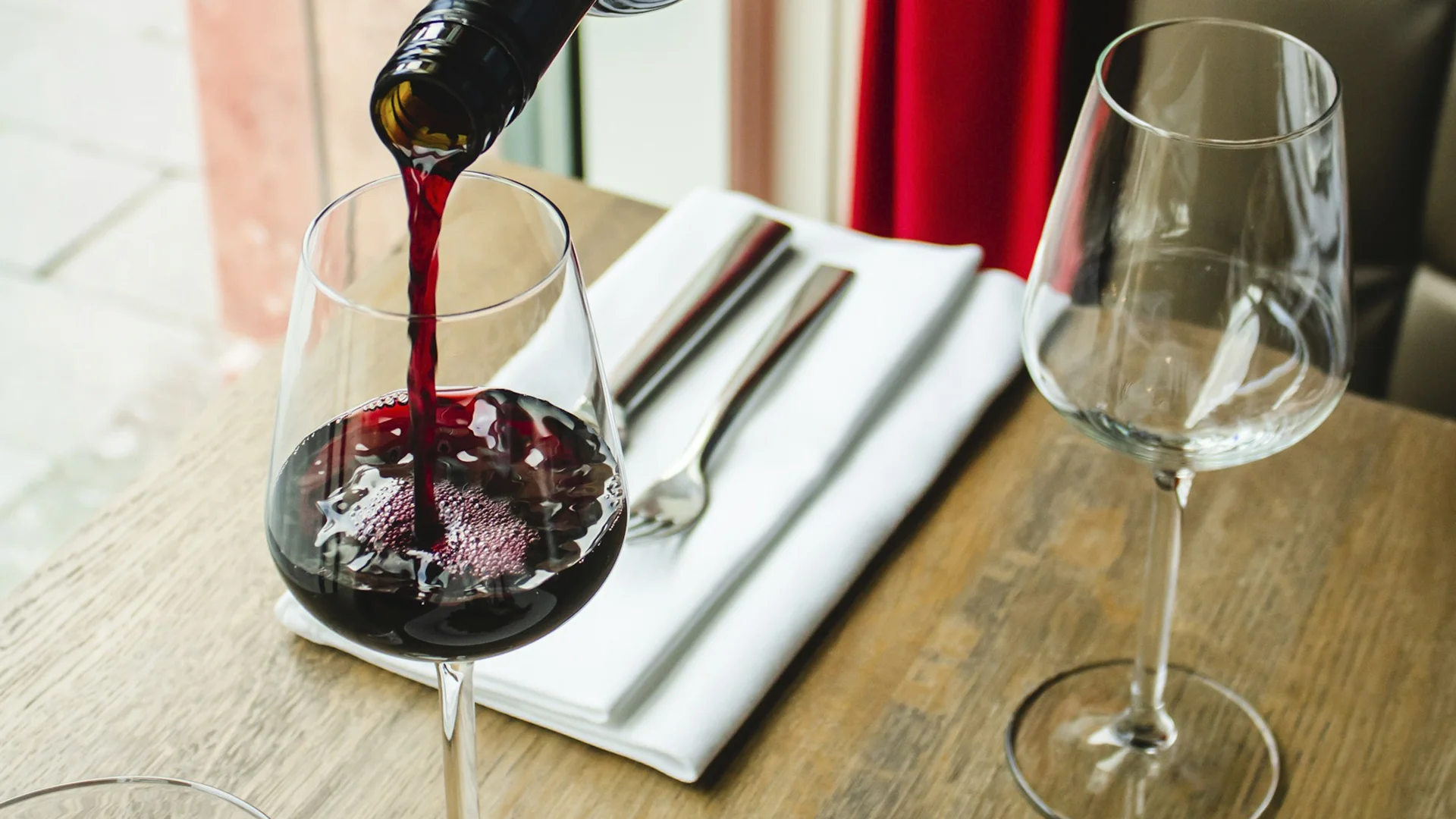












.webp)

.webp)
.webp)
.webp)



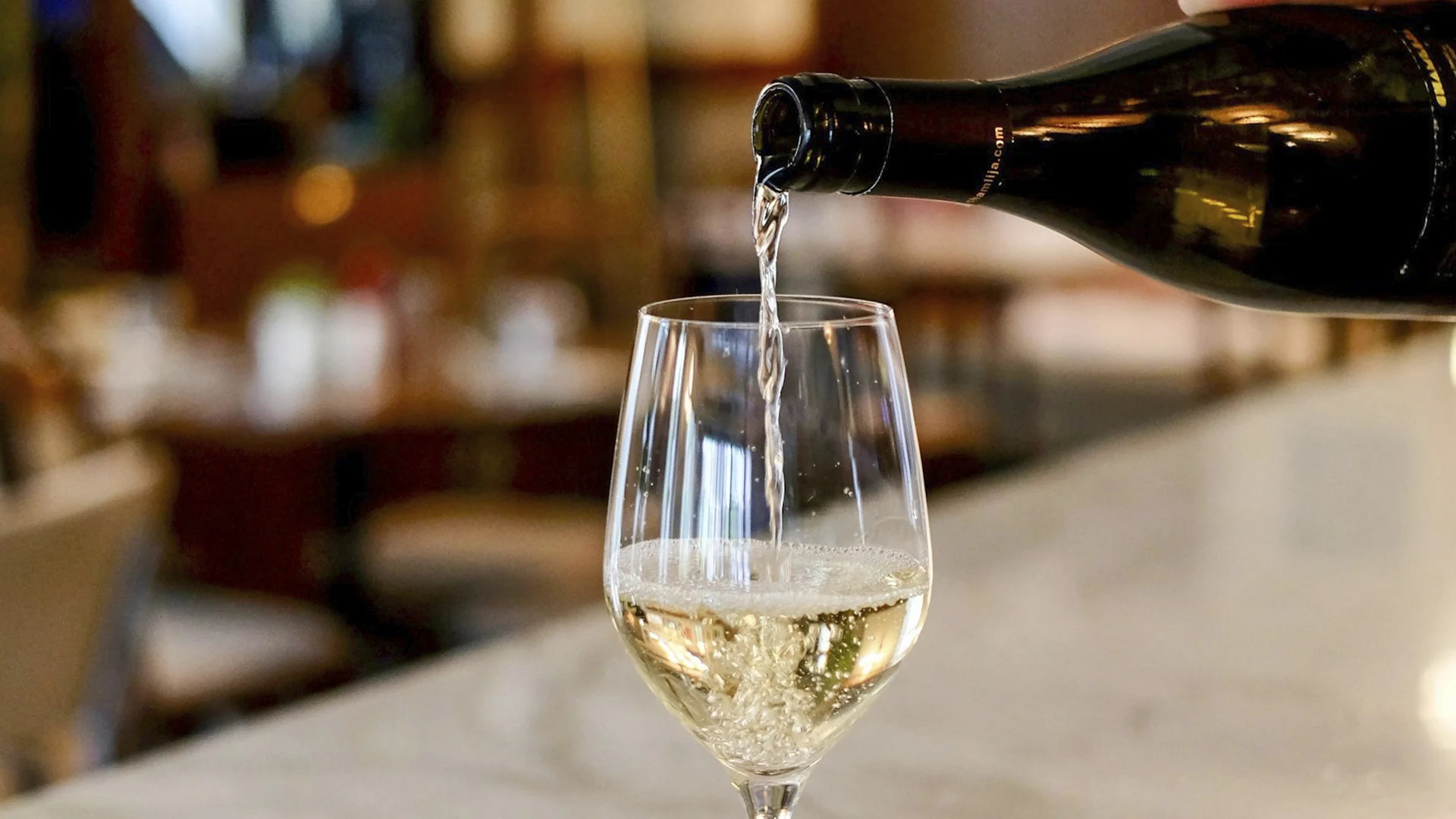


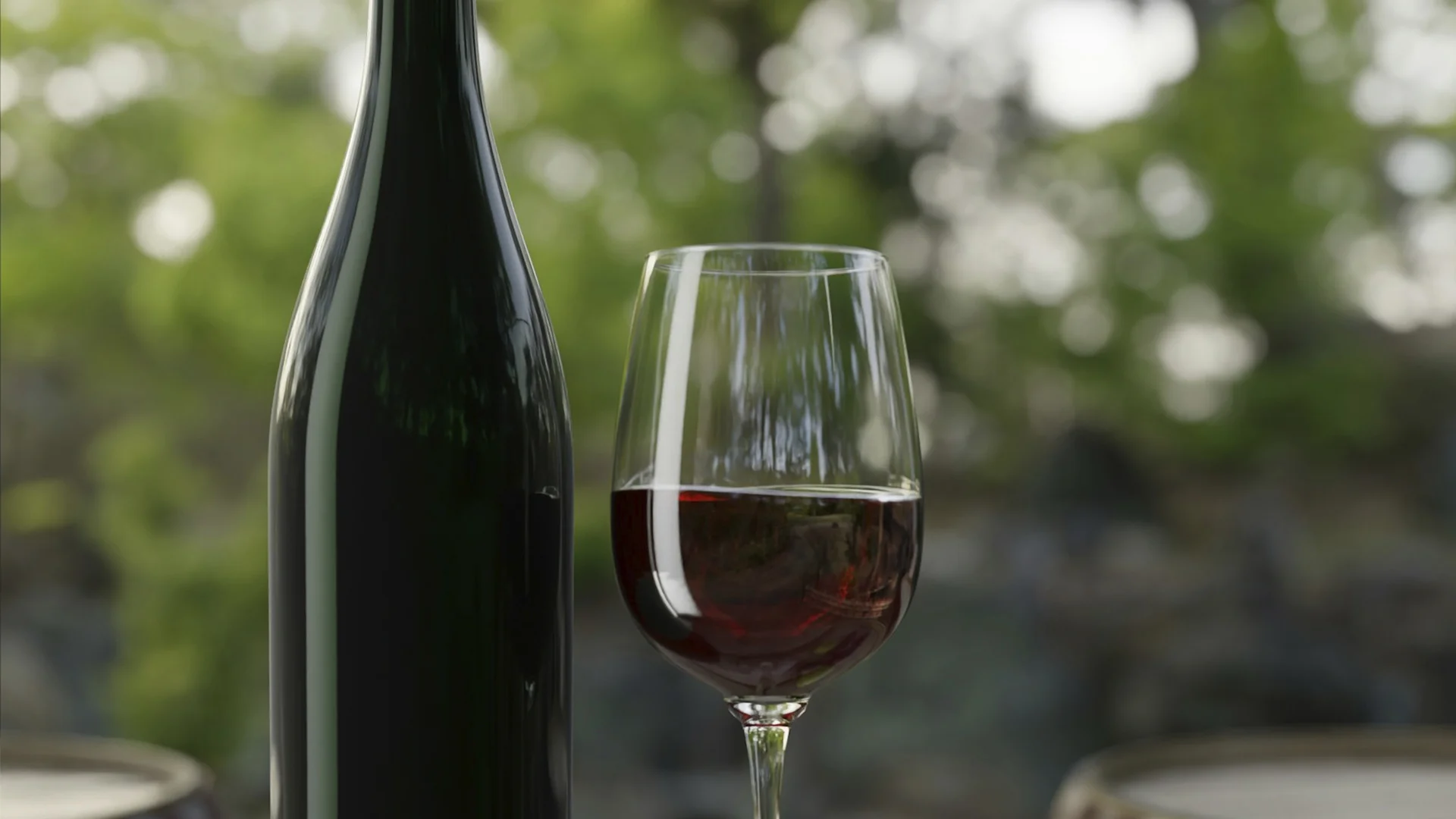



















.webp)










Are you interested in
collaborating with us?